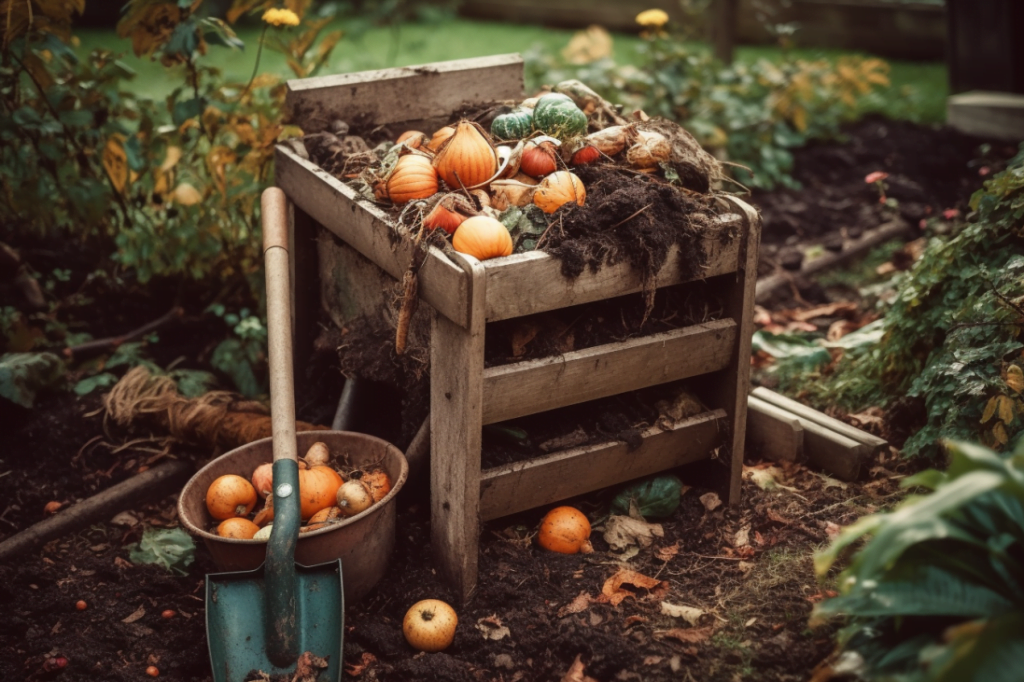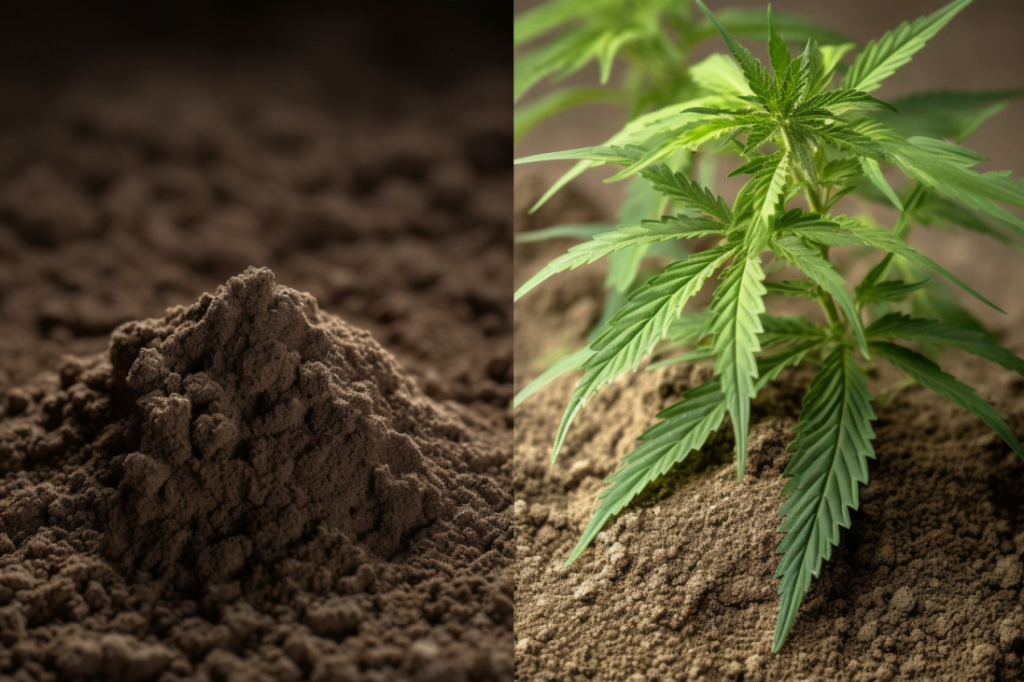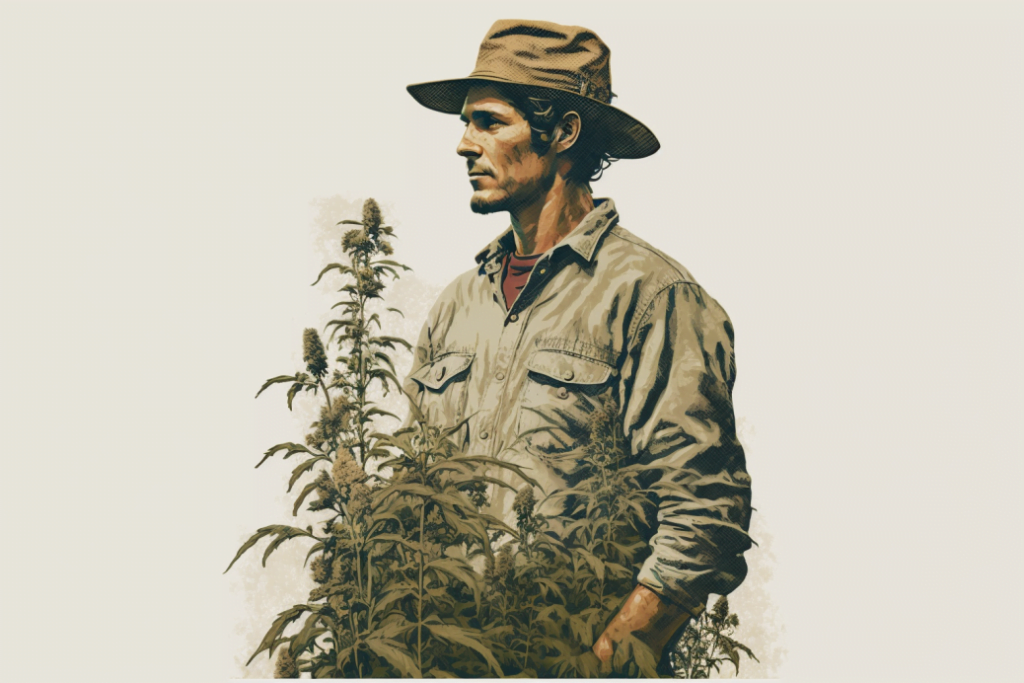English
Composting and aging are crucial processes when utilizing domestic raw materials as biological fertilizers for cannabis cultivation. These processes help transform organic waste into nutrient-rich compost while reducing the risk of pathogens and ensuring optimal nutrient availability for the plants. Here’s a more detailed explanation of composting and aging:
Composting
Composting is a natural decomposition process that converts organic waste into a nutrient-rich soil amendment. To create compost for cannabis cultivation, follow these steps:
- Gather organic waste materials: Collect a mix of kitchen scraps (fruit and vegetable peels, coffee grounds, etc.), yard waste (grass clippings, leaves), and plant residues (pruned branches, expired plants) to serve as the compost ingredients.
- Create a compost pile or bin: Choose a designated area or use a compost bin to contain the organic waste. It should be well-drained and have proper aeration.
- Layering and moisture: Alternate layers of green (high-nitrogen) and brown (high-carbon) materials. Green materials include fresh plant waste and kitchen scraps, while brown materials consist of dried leaves, straw, or shredded paper. Moisten the layers to maintain a moist, but not waterlogged, environment.
- Turning and aeration: Regularly turn the compost pile using a pitchfork or shovel to ensure proper aeration. This helps accelerate the decomposition process and prevents foul odors or anaerobic conditions.
- Monitoring temperature and moisture: Compost should reach temperatures between 130-150°F (54-66°C) during the active decomposition phase. Use a compost thermometer to monitor the temperature and adjust moisture levels as needed. The pile should remain moist, similar to a wrung-out sponge.
- Composting duration: The composting process typically takes several months to a year, depending on factors such as temperature, moisture, and the types of materials used. The compost is ready for use when it turns dark brown or black, has a crumbly texture, and has an earthy smell.
How long before planting cannabis should it be added to the soil ?
If using compost, it is best to incorporate it into the soil at least 2 to 4 weeks before planting cannabis. This allows time for the compost to stabilize and integrate with the soil, ensuring the availability of nutrients for the plants.
It’s important to note that these timelines are approximate and can vary depending on factors such as climate, soil conditions, and the specific materials used. Monitoring the decomposition and stability of the incorporated materials can help determine if the soil is ready for cannabis planting.
Aging of Organic Material
Aging or curing composted materials further refines the compost and allows for the breakdown of any residual organic matter. It is particularly important when using animal manure as a raw material. Follow these steps for aging compost:
- Transfer the compost: Move the finished compost to a separate area or container where it can age undisturbed.
- Allow for additional decomposition: During the aging process, beneficial microbial activity continues to break down any remaining organic matter, allowing nutrients to become more readily available to plants.
- Duration: The aging process can vary but is generally recommended for a minimum of several weeks to a few months. This duration allows for the stabilization of nutrients and ensures the reduction of any potentially harmful pathogens.
By composting and aging domestic raw materials, cannabis cultivators can produce nutrient-rich organic fertilizers that improve soil health, provide slow-release nutrients, and contribute to sustainable cultivation practices.
It is advisable to conduct a soil test before planting to assess nutrient levels and make any necessary adjustments or amendments based on the specific requirements of cannabis cultivation. This ensures that the soil is properly prepared and provides an optimal growing environment for the plants.
Related articles :
Published by Sakul
15/06/2023choose and buy cannabis seeds from our offer
our pleasure



























